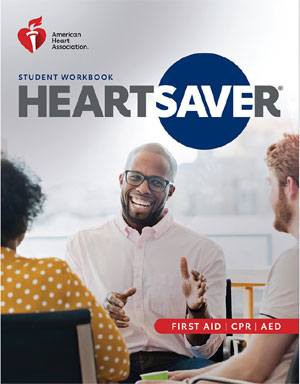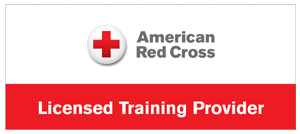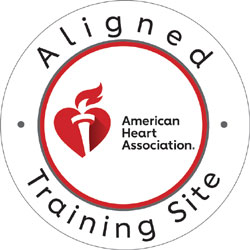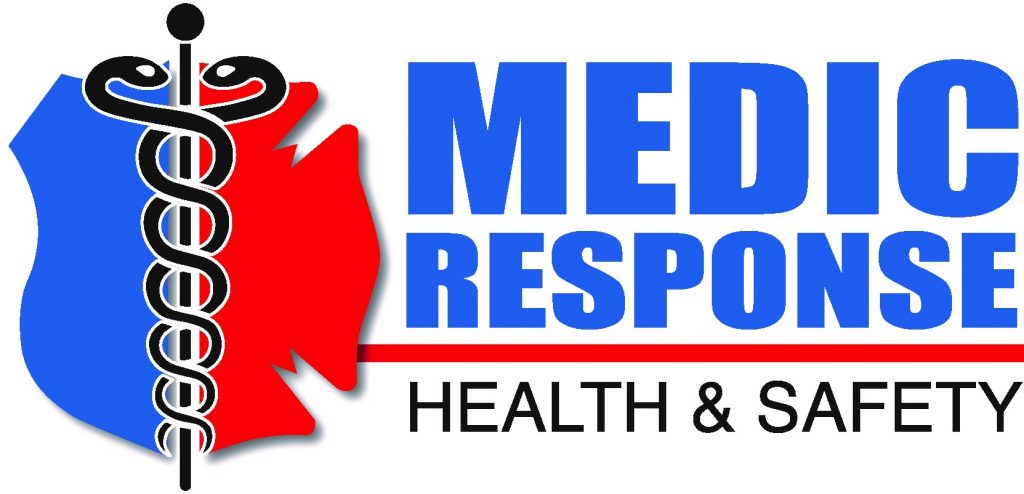Preparedness, Training
Should Teachers in Maryland be CPR and First Aid Certified?
Medic Response Health & Safety offers Heartsaver First Aid, CPR and AED training courses.
CPR and first aid certification can be valuable skills for anyone, including teachers and daycare providers, as they can potentially help in emergency situations both inside and outside the classroom or daycare facility. Even if not mandated by state regulations, some schools or districts might choose to encourage or require their teachers to obtain these certifications as part of their commitment to student safety and well-being.
There are several important reasons why teachers and daycare providers should consider getting certified in first aid and CPR (Cardiopulmonary Resuscitation):
- Emergency Preparedness: Teachers often work with students, and having the skills to respond effectively to medical emergencies can be crucial in situations where immediate action is required.
- Student Safety: In a school setting, accidents or health-related incidents can occur at any time. Being trained in first aid and CPR allows teachers to provide immediate assistance to students until professional medical help arrives.
- Quick Response: First aid and CPR training enable teachers to respond quickly and appropriately to situations like choking, cardiac arrest, allergic reactions, injuries, and more. Quick action can significantly improve the chances of a positive outcome.
- Minimize Harm: Teachers with first aid and CPR skills can help minimize the severity of injuries or medical conditions by providing proper care until medical professionals take over. This can prevent situations from worsening.
- Promote Safety Culture: When teachers are certified in first aid and CPR, they serve as role models for students and staff, encouraging a culture of safety and preparedness within the school community.
- Community Support: Schools are often central to their communities. In the case of a community event or an incident involving a student outside of school hours, a certified teacher could make a valuable difference.
- Response to Health Issues: In addition to emergencies, teachers may encounter students with chronic health conditions such as asthma, diabetes, or allergies. Knowledge of first aid and CPR can help teachers manage these situations effectively.
- Peace of Mind: Knowing that they possess the skills to handle medical emergencies can boost a teacher’s confidence and reduce anxiety in the event of an unexpected situation.
- Professional Development: Obtaining first aid and CPR certification is a form of professional development that can enhance a teacher’s skill set and overall value to the school community.
Maryland Teacher CPR Requirements
COMAR 13A.16.10 Safety: 02 First Aid and CPR.A
- Basic first aid training through the American Red Cross, or a program with equivalent standards, which is appropriate to all child age groups for which the center is approved; and
- Cardiopulmonary resuscitation (CPR) training through the American Heart Association, or a program with equivalent standards, which is appropriate to all child age groups.
Family Child Care Providers
Maryland requires Family Child Care Providers to complete the following requirements, all of which will make them a better provider for the children in their care:
- 24 clock hours of required training in the areas of child development, program curriculum, child health and safety, the care of children with disabilities, provider professionalism, and community resources
- CPR and First Aid Certification for the child age-ranges for which they’ll be providing care
- Emergency and disaster preparedness
- Compliance with the Americans with Disabilities Act
Call Medic Response today at 703-449-5438 to set up first aid and CPR training classes for your school or child day care.





